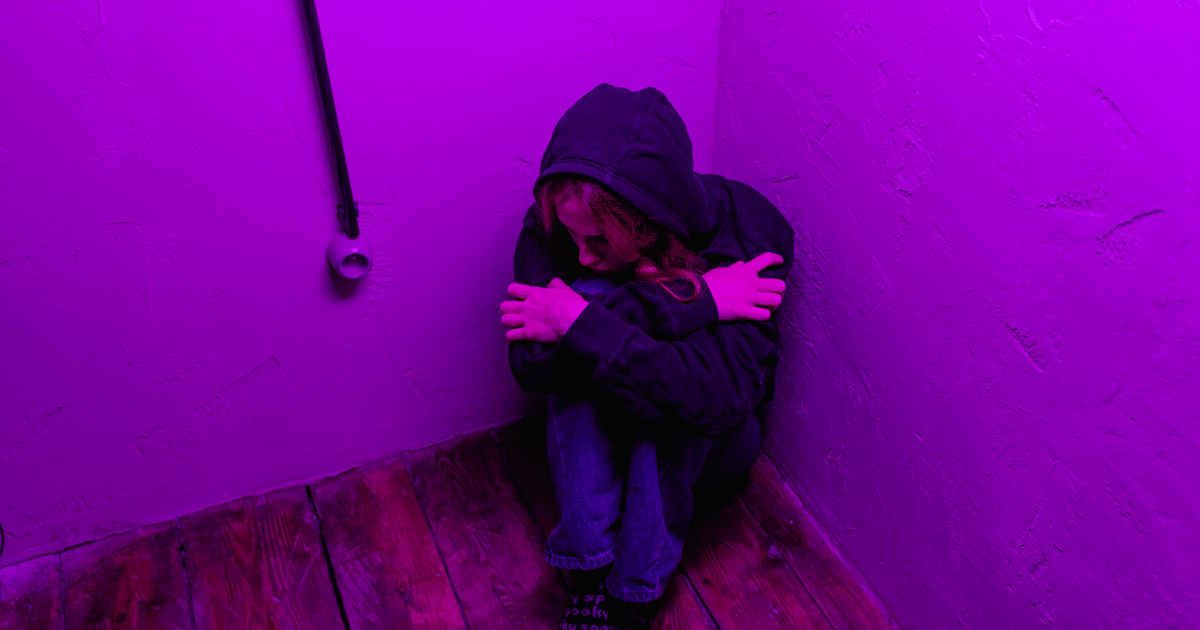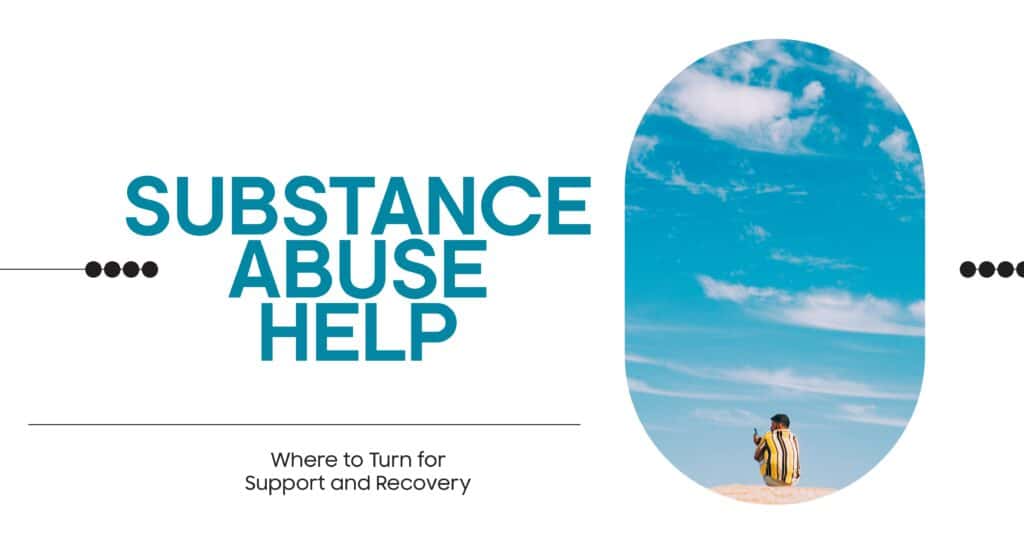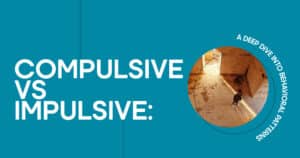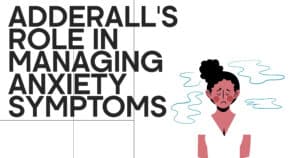When a person you care about becomes an addict, their whole life changes – it affects their personal and professional aspirations and hurts people closest to them. Moreover, many addicts do not know who to rely on when they are willing to leave alcohol and drugs in the past, just like their families and friends are not aware of effective solutions to put an end to their dysfunctional lifestyle.
In this article, we will explore the ways to recognize an addict, discuss how you can provide them with substance abuse help, and examine substance abuse resources available to all individuals in need.
Understanding Substance Abuse and Addiction
Substance abuse occurs when a person is addicted to alcohol and drugs to the major detriment of their physical and mental well-being.
Even though most individuals know about the psychological damage these substances cause, it is often impossible for them to stop using drugs or drinking because they cannot imagine their lives without them – and in some instances, the manifestations of withdrawal force the individual to drink or take drugs again just to be able to function normally.
Addiction leads to all sorts of problems – from health complications to legal troubles – so if someone you know is exhibiting the signs of substance abuse disorder, do not hesitate to help them.
Common Signs That Someone May Need Help
Make sure you take note of the following symptoms in order to identify whether a person you are close to is addicted to alcohol or drugs:
| Sign | Description |
| Symptoms of Withdrawal | Withdrawal looks different for everyone but if a person feels uncomfortable and restless when they cannot get a drink or take a prescription drug, it may indicate addiction |
| Unhealthy Eating and Sleeping Patterns | An individual will fail to fall asleep on time, stay asleep for more than a few hours, or lose weight because of the lack of appetite – they will neglect their basic needs in favor of their addiction |
| Hygiene Indifference | An addict often stops caring about their looks and cleanliness – they may skip a shower, forget to brush their teeth, and wear dirty clothes |
| Changes in Appearance | In some instances, substance abuse becomes evident when you look at the person – their skin, teeth, nails, and hair look much worse when they become addicted to certain drugs |
| Self-Destructive Behavior | Whether it is related to the disorder or happens for no apparent reason, the addict may no longer care about the risks and dangers that are obvious to people who are not dependent on alcohol and drugs |
Physical, Emotional, and Behavioral Red Flags
It may be hard to spot the developing addiction, especially if the individual in question refuses to reveal their deep-seated emotional issues. Be mindful of the following red flags that may suggest the presence of substance abuse disorder:
- Mood fluctuations, aggressiveness, and impulsiveness.
- Erratic behavior and unusual talkativeness.
- Lack of interest in hobbies and activities a person used to enjoy.
- Disregard towards the consequences of their behavior.
- Inexplicable secretiveness and lying.
- Cognitive decline, memory loss, and inability to retain new information.
- Apathy, numbness, and fatigue.
- Tendency to distance themselves from family and friends.
- Defensiveness and attempts to deny the problem.
When Occasional Use Turns Into Dependence
It is often difficult to pinpoint the moment when an occasional habit transforms into something a person cannot control. Whether you have been drinking socially, taking drugs for recreational purposes, or increasing the dosage of prescription medications due to the tolerance you have built, you have to pay attention to your relationship with potentially harmful substances. When cravings become severe, you feel like you cannot function normally without drugs or alcohol, and you need to drink more or use drugs more often, it means you are addicted.
Exploring Substance Abuse Services and Treatment Programs
Depending on the type of substance a person has been dependent on, the length of their addiction, and the stage of recovery, they should opt for a treatment program that suits them and serves their interests at the moment. Some people can thrive with one or two group therapy sessions per month, while others can maintain their sobriety under strict supervision in a clinical facility. It is recommended to talk to a physician or therapist to figure out what your first step should be as you are deciding on a form of treatment.

How to Support a Loved One Struggling With Addiction
Let us take a look at how you can help a person you care about battle their addiction:
| Advice | Description |
| Educate Yourself | If you do not have any personal experience with addiction or recovery, it must be hard for you to relate to the person you care about. Learn more about substance abuse disorder and its mental, physical, and social impact |
| Navigate Triggers | An addict rarely has the strength to say no to a drink or drug or to put an end to their relationship with an individual who enabled their addiction. Identify the circumstances and people that trigger the person you care about, avoid high-risk situations, and develop coping mechanisms to stay away from harmful substances together |
| Show Compassion | Addiction is a serious disease – you cannot use it against the person who is trying to get better. Instead, remain kind and understanding, and do not make them feel more guilty than they already do |
| Seek Professional Guidance | Staying away from alcohol and drugs and maintaining sobriety for a considerable amount of time is a challenge many people cannot cope with on their own – find a local recovery center for the individual you care about and offer them to sign up for a detox program and subsequent treatment |
| Take Care of Yourself | It is essential to be mindful of your own mental and physical health when the interests of an addict become your main priority – do not forget to unwind from time to time and avoid emotional burnout |
Finding Reliable Substance Abuse Resources Near You
You can call 1-800-662-HELP (4357) to contact the national helpline of the Substance Abuse and Mental Health Services Administration (SAMHSA) – the operator will be able to connect you with local treatment facilities and programs created for people who depend on alcohol and drugs. Alternatively, you should visit a local community center or religious institution to learn about upcoming meetings of support groups for addicted people.
If it is difficult to get to a rehabilitation center from your home or you do not have time for in-person addiction therapy at the moment, explore online resources for drug abuse and alcohol abuse – you can get in touch with an addiction counselor who will communicate with you on the Internet or chat with your peers in support groups that offer you full anonymity.

When to Seek Help: Contact CA Mental Health
Addiction is a major problem for the person dependent on alcohol or drugs, as well as people around them. If you struggle to stay away from substances that create challenges in your personal and professional life, or you suspect you may be dependent on drugs and alcohol, do not despair – addiction recovery is possible if you are willing to make an effort to overcome your problems.
Reach out to CA Mental Health today – our specialists can offer you high-quality addiction support in a validating environment.
FAQs
Where can I get help for substance abuse?
From 24/7 hotlines to residential treatment programs that last for weeks and months – there are numerous possibilities for an addict to embark on a recovery journey. Start with searching for local programs and services with facilities situated not far from you and look into the possibility of signing up for a more intensive form of treatment.
What are the signs of substance abuse?
A person’s whole demeanor changes when they depend on drugs or alcohol – they no longer eat and sleep the way they used to, they lose or gain weight, they seem uncoordinated and unfocused, and they tend to keep secrets from their loved ones as they hide illicit substance or try to obtain money to finance their addiction.
How do I support a loved one with addiction?
Substance abuse help means learning as much as you can about a particular substance and recovery from it, offering your unconditional love and support, encouraging your family member or friend to undergo professional treatment, and helping them stay away from people who enable their self-destructive behavior.
What are the best treatment options for substance abuse?
The smartest solution is to begin with detoxification under the guidance of medical professionals – remove all the traces of drugs and alcohol from your system. After that, you should select an outpatient or inpatient treatment program – talk to a counselor one-on-one, discuss your problems with other addicts, and try evidence-based therapy modalities to address the causes of addiction and prevent relapse.
How do substance abuse hotlines work?
A substance abuse hotline is supposed to start the person’s recovery journey as well as support them if they are on the verge of relapse or feel awful after drinking or using drugs. An operator will listen to the individual who calls them, tell them how to find help locally, and advise on ways to minimize the symptoms of withdrawal.




